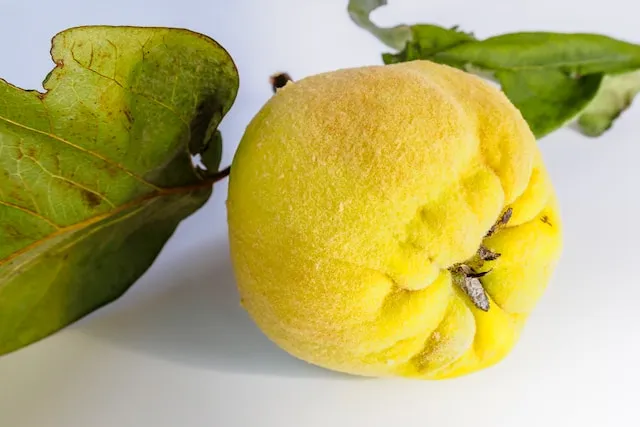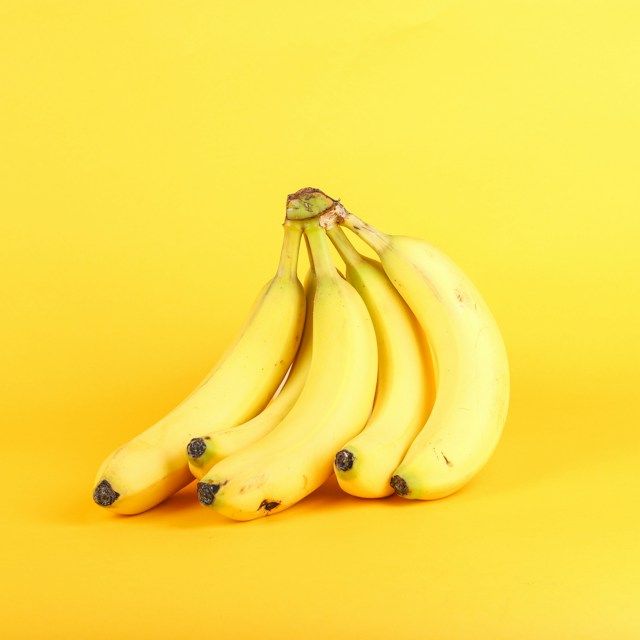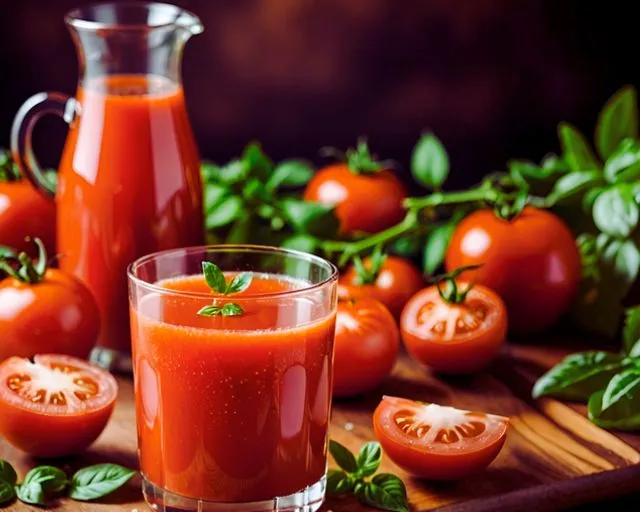Ghee (Clarified butter) – Know how beneficial it is for your health

Ghee (Clarified butter) is a fatty food used in cooking. Ghee can be consumed without cooking. Ghee is a very tasty food. However, many people are hesitant about whether ghee is beneficial or harmful for health.
This article discusses in detail the nutritional value of ghee, the benefits of consuming ghee and the health risks of consuming ghee. Read the paragraph till the end to know about who should not eat ghee and what can be eaten as a fat substitute for ghee.
Nutritional value
Ghee is almost entirely fat i.e. 1 gram of ghee contains about 1 gram of fat. Apart from this, there are very small amounts of vitamin A, vitamin D, vitamin E, vitamin K etc. But it lacks protein, carbohydrates, fiber and minerals. (Juber, 2022)
Benefits of Ghee
Ayurvedic medicine has a tradition of using ghee in the treatment of various diseases which can be helpful in curing diseases. However, this paragraph only describes the benefits of consuming ghee as food
Makes food delicious
When ghee is used in cooking, it increases the taste and flavor of the food. Ghee can be used instead of oil. But ghee is quite expensive compared to oil.
If ghee is used in the preparation of baby food (eg cooking with ghee instead of oil), the baby will enjoy eating the food. Also, many people like to eat hot rice mixed with a little ghee. Babies can be given ghee (instead of oil) from the age of six months onwards.
High smoke point
The smoke point of ghee is 485degree F which is higher than that of oil. The smoke point of soybean oil is 450 degrees Fahrenheit.
Smoke point refers to the temperature at which cooking remains intact and does not convert into harmful fats (trans fats). (Link, 2023)
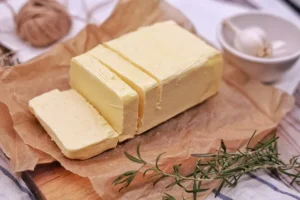
Due to high smoke point of ghee, even when cooked at high heat, the quality of ghee is not lost and it is not converted into harmful fats. It is better to use ghee instead of oil for frying. For example, ghee can be used instead of oil for frying parathas.
Beneficial for digestive system
Regular consumption of ghee helps in keeping the digestive system functioning well. Ghee is some food rich in butyric acid, which cures inflammation of the digestive tract and reduces the risk of colon cancer.
Ghee consumption can be beneficial for patients suffering from IBS (Irritable Bowel Syndrome).
Acts as an anti-inflammatory
Ghee has anti-inflammatory properties that help in curing pain and inflammation in various parts of the body. Consumption of ghee can be especially beneficial in treating arthritis pain.
Alzheimer’s (seen in the elderly) is an inflammatory disease that causes memory loss. Regular consumption of ghee reduces the risk of Alzheimer’s disease.
Keeps skin and hair healthy
Ghee is some food rich in anti-oxidants, fatty acids and vitamin E which is very beneficial for skin and hair. Ghee consumption removes roughness of hair and skin and makes skin soft and smooth.
Keeps bones strong
Ghee is some food rich in vitamin K and vitamin D. These two vitamins help the body absorb calcium. Calcium is one of the most important elements in keeping the bone structure strong.
Helps in hormone secretion
Hormones are secreted from various glands in the body and play an important role in various functions of the body. The habit of eating ghee plays a helpful role in the normal secretion of hormones from various glands in the body.
Especially the thyroid hormone which regulates metabolism and in men the testosterone hormone which maintains good sexual health. In women, it helps in relieving period symptoms or pain by maintaining good hormone levels. (Toshi, 2023)
Increases immunity
The body’s immune system plays an important role in fighting disease and staying healthy. The habit of consuming ghee increases the immunity of the body.
Possible health risks of consuming ghee
Ghee is a high calorie food which can lead to weight gain. However, ghee can be consumed for those who require less or more calories in their body weight.
Most of the ghee is saturated fat which can lead to increase in harmful cholesterol levels in the blood. Elevated blood cholesterol levels are linked to an increased risk of heart disease.

So people with high blood pressure, high blood cholesterol and risk of heart attack and stroke should not consume ghee. If you want to eat it alone, you should eat it in moderation according to the doctor’s advice.
No one should consume ghee in excess. Do not consume more than one (1 teaspoon – 5 milliliters) to three teaspoons (one tablespoon or 15 milliliters) of ghee daily. It is also best to avoid ghee for those who are overweight or at risk of heart disease.
Healthy alternative to ghee
Ghee is a fatty food that can be replaced by soybean oil or sunflower oil in cooking. Soybean oil and sunflower oil are relatively low in saturated fat, which is considered healthy. Also, in terms of price, soybean oil and sunflower oil are quite affordable compared to ghee. Olive oil is healthy but somewhat expensive (compared to soybean oil and sunflower oil).
Olive oil can be eaten with salads. Also available in our country is 100% pure Mustard oil which has very good flavor and taste. Mustard oil can be eaten especially in making Indian and with salads. Mustard oil is considered to be healthy and not too expensive.
Is ghee bad for cholesterol?
Ghee, the golden elixir of Ayurveda, has been revered for centuries for its culinary and medicinal properties. But when it comes to cholesterol, myths run rampant. So, is ghee a villain or a hero in the cholesterol saga? Let’s dive into the fascinating truth.
The Saturated Fat Conundrum:
Ghee is undoubtedly rich in saturated fat, a type often linked to elevated cholesterol levels. However, research paints a more nuanced picture. Studies suggest that ghee’s specific fatty acid profile, including conjugated linoleic acid (CLA), might actually counteract this negative effect. CLA exhibits cholesterol-lowering properties, potentially balancing out the saturated fat’s impact.
The HDL Boost:
Ghee doesn’t just stop at potentially mitigating bad cholesterol (LDL). It might also give your good cholesterol (HDL) a healthy nudge. HDL, the “good guy,” shuttles cholesterol away from your arteries, protecting against heart disease. Some studies indicate that ghee consumption might increase HDL levels, further tilting the cholesterol balance in your favor.
Moderation is Key:
Remember, even good things need moderation. Ghee’s health benefits shine when consumed in reasonable amounts. Aim for 1-2 tablespoons daily, incorporated into your cooking or drizzled over meals. Excessive ghee intake can negate its positives and contribute to weight gain, so mindful consumption is crucial.
Individuality Matters:
How your body reacts to ghee depends on individual factors like genetics and overall diet. If you have existing cholesterol concerns, consult your doctor before incorporating ghee into your routine. They can help personalize your dietary approach based on your specific needs.
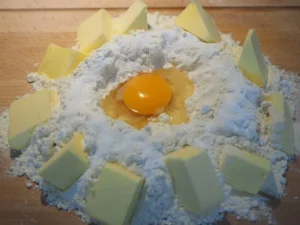
Ghee’s impact on cholesterol is a complex dance, not a simple yes or no. While its saturated fat content warrants caution, its potential for balancing cholesterol and boosting HDL offers promising possibilities. Ultimately, listening to your body, practicing moderation, and consulting your doctor are key to unlocking ghee’s health potential while navigating the cholesterol maze.
So, ditch the ghee myths and embrace its golden goodness, with a sprinkle of mindful consumption!
Is ghee good for fatty liver?
Fatty liver disease, with its rising prevalence, has ignited a debate about ghee’s role in managing this condition. While some tout its ancient wisdom and natural goodness, others point to its high saturated fat content, raising concerns. Let’s navigate through the myths and delve into the scientific evidence to understand if ghee deserves a place on the fatty liver menu.
First, it’s crucial to remember that fatty liver encompasses a spectrum, ranging from simple fat accumulation to inflammation and scarring. The verdict on ghee, therefore, needs to be nuanced. For those with mild fatty liver, limited ghee consumption, alongside a balanced, fiber-rich diet, may not pose a significant risk. In fact, studies suggest that ghee’s conjugated linoleic acid (CLA) might even reduce fat deposits in the liver.
Nature of Ghee
However, moderation is key. Ghee, despite its clarified nature, still packs a punch of saturated fat, which, in excess, can worsen fatty liver. Individuals with advanced stages of the disease or pre-existing conditions like obesity and high cholesterol should opt for alternative healthy fats like olive oil or avocado.
Ultimately, navigating the ghee-fatty liver conundrum requires personalized guidance. Consulting your doctor or a registered dietitian can help tailor a diet that best supports your liver health, taking into account the extent of your condition and overall dietary needs. Remember, ghee itself isn’t the villain, but mindful consumption, alongside a holistic approach, is the key to unlocking its potential benefits while protecting your liver.
Last word
Ghee is a fatty food that enhances the flavor of food when used in cooking. But ghee is rich in saturated fat which should be avoided or consumed in moderation to avoid heart disease risk.
